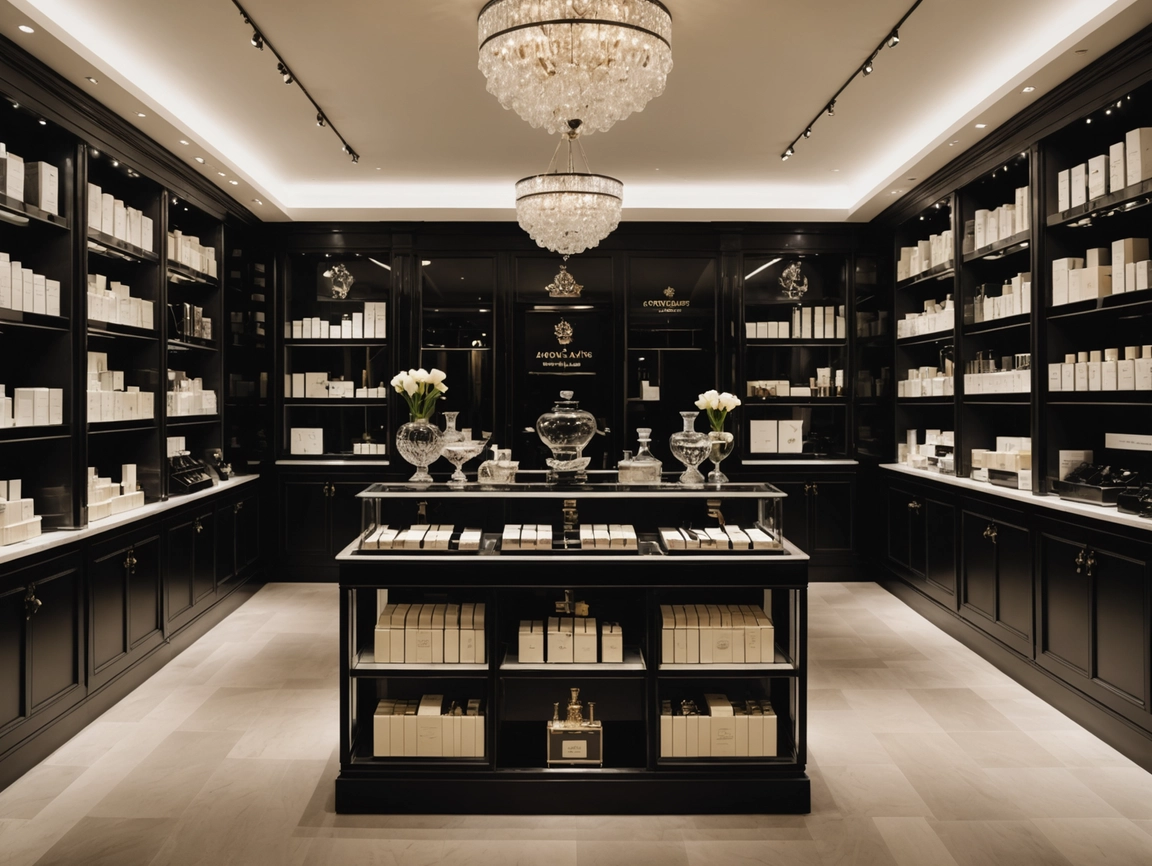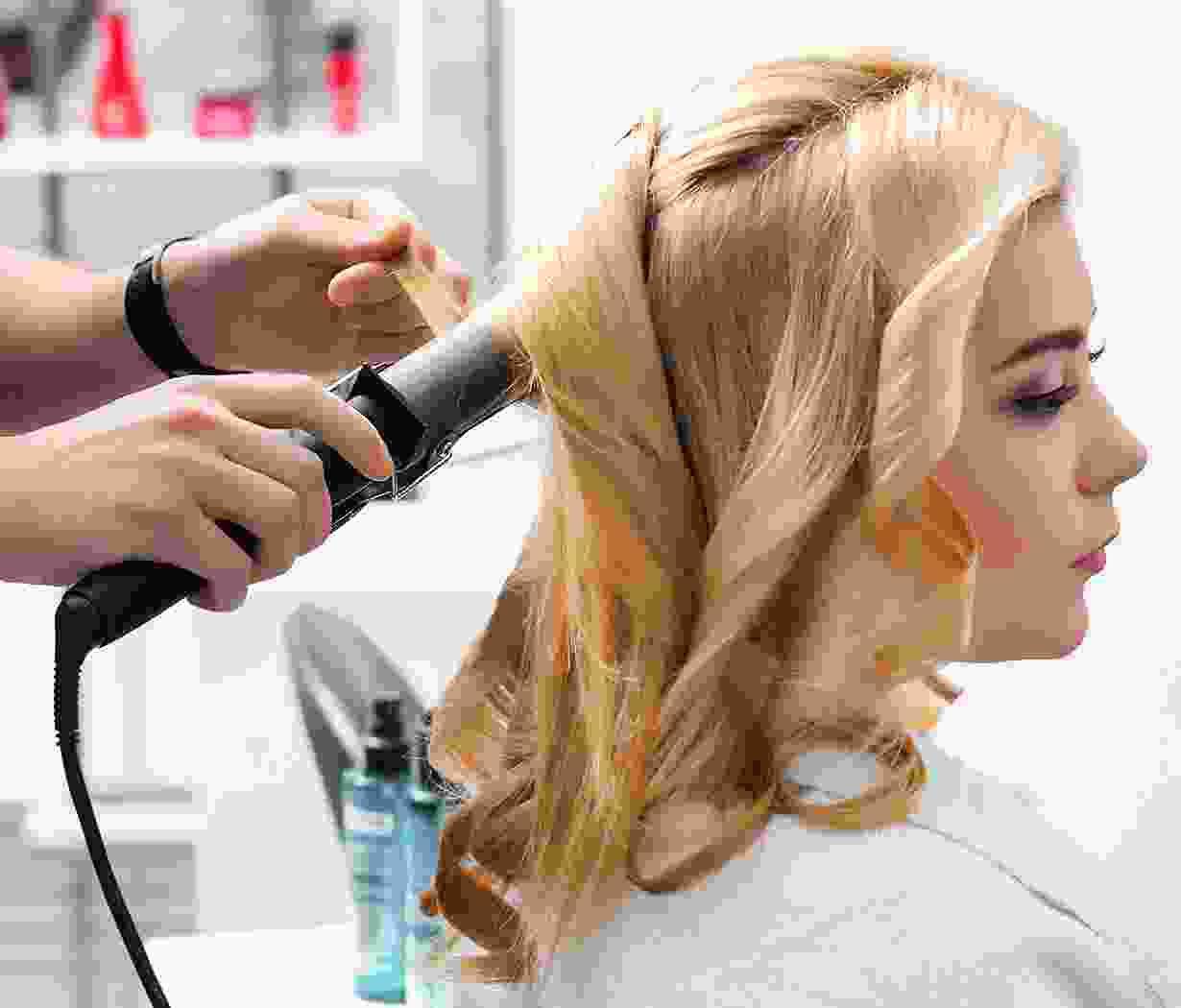Enim praesent elementum facilisis leo. Sed augue lacus viverra vitae congue eu consequat ac felis. Fermentum odio eu feugiat pretium nibh ipsum. Accumsan in nisl nisi scelerisque eu ultrices. Pellentesque habitant morbi tristique senectus et netus et malesuada.
There are many variations of passages of Lorem Ipsum available, but the majority have suffered alteration in some form, by injected humour, or randomised words which don’t look even slightly believable. If you are going to use a passage of Lorem Ipsum, you need to be sure there isn’t anything embarrassing hidden in the middle of text. All the Lorem Ipsum generators on the Internet tend to repeat predefined chunks as necessary, making this the first true generator on the Internet. It uses a dictionary of over 200 Latin words, combined with a handful of model sentence structures, to generate Lorem Ipsum which looks reasonable. The generated Lorem Ipsum is therefore always free from repetition, injected humour, or non-characteristic words etc.
On the other hand, we denounce with righteous indignation and dislike men who are so beguiled and demoralized by the charms of pleasure of the moment, so blinded by desire, that they cannot foresee the pain and trouble that are bound to ensue.
Pellentesque dignissim lorem ac euismod faucibus. Proin in sapien non ante consequat dapibus id ut augue. Morbi non ornare risus. Pellentesque commodo velit euismod nibh placerat, non posuere mauris mollis. Suspendisse id gravida dolor. Aenean consequat vehicula sapien, eget blandit orci euismod commodo. Integer odio libero, accumsan vel accumsan ac, porttitor id ligula. Phasellus eu finibus odio. Interdum et malesuada fames ac ante ipsum primis in faucibus. Suspendisse convallis vestibulum enim vel pellentesque. Etiam sit amet tellus vitae ante rhoncus cursus et ac erat. Donec fermentum tellus ante, a pellentesque diam semper in. Etiam aliquet ultricies dui non ultrices. Nam at nisl sed dolor mattis convallis ac et tortor. Ut interdum varius erat eu interdum. Integer mauris tortor, euismod vel lacus in, vestibulum semper lectus.
Varied Layout Structure
Fusce vitae felis turpis. Cras imperdiet luctus libero non sagittis. Pellentesque eleifend tellus id arcu sodales cursus. Vestibulum lobortis, massa vitae suscipit fringilla, tellus turpis commodo ante, quis efficitur mauris erat a enim. Maecenas id nunc id augue volutpat congue.
- Donec ultricies magna dui conmentums
- Phsellus vel, luctus magnas
- Nulla consectetur metus ut molestie
- Etiam vel dapibus eget nec arcual
- Aliquam quis leo odio sed, dictum eros
- Nunc finibus vitae finibus justo rhoncus
- Phasellus vel, luctus magna
- Nulla consectetur metus ut molestie
Sed egestas interdum lectus eu mollis. Proin luctus pretium diam non interdum. Nam posuere nisi purus, sit amet varius eros tristique nec. Ut at massa in odio rhoncus scelerisque quis vitae urna. Pellentesque a nisi magna. Maecenas turpis turpis, accumsan ut sem non, ultricies malesuada sapien. Etiam eu nisi bibendum, gravida lectus vitae.
Previous Story
Herbal treatment for dry scalp
Next Story
No story to show!




